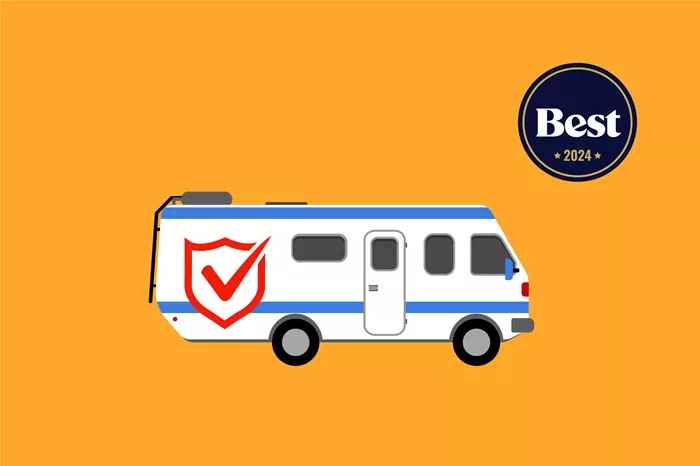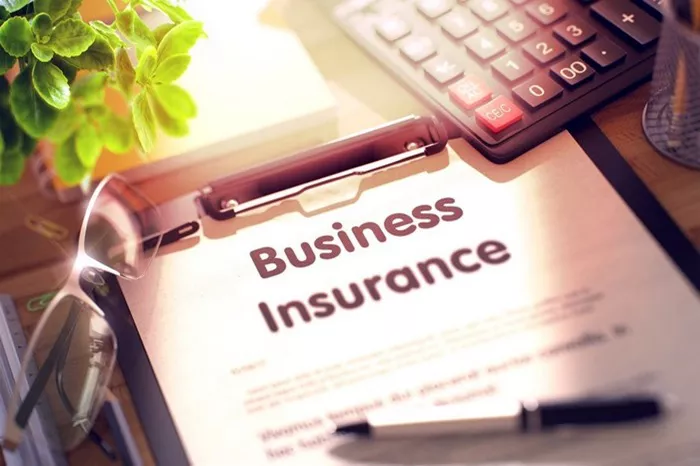Owning an RV can be one of the most exciting experiences for those who love to travel, explore, and enjoy the open road. Whether you’re planning a cross-country road trip or using your RV for occasional weekend getaways, it’s crucial to ensure your RV is properly insured. With the growing need for convenience and fast solutions, obtaining an instant RV insurance quote has become a popular option. In this article, we’ll walk you through everything you need to know about getting an instant RV insurance quote, including the factors that affect RV insurance rates, how to compare quotes, and tips for finding the best coverage for your needs.
Why Do You Need RV Insurance?
Before diving into how to get an instant RV insurance quote, it’s important to understand why RV insurance is necessary. Just like any other vehicle, an RV is exposed to various risks that could lead to costly repairs, medical expenses, and legal issues. Without insurance, you could find yourself financially burdened in the event of an accident or damage. In fact, RV insurance isn’t just a recommendation—it’s required by law in most states. Having the right RV insurance coverage protects you from potential financial hardships and ensures that you are covered in emergencies.
Understanding RV Insurance Types
When searching for the best RV insurance, it’s important to first understand the different types of coverage available. RV insurance can vary significantly depending on the type of RV, your personal preferences, and the state you live in. There are several types of RV insurance coverage options to consider:
1. Liability Insurance
Just like car insurance, liability insurance is a basic form of coverage that helps protect you financially if you’re found at fault in an accident. This coverage typically includes bodily injury and property damage liability, covering medical costs for injured individuals and damage to other vehicles or property.
2. Comprehensive and Collision Coverage
Comprehensive coverage protects against non-collision-related incidents, such as theft, vandalism, or natural disasters. Collision coverage, on the other hand, covers damage to your RV resulting from a collision, regardless of who is at fault. These two types of coverage are often bundled together to provide a higher level of protection.
3. Personal Injury Protection (PIP)
Personal injury protection is designed to cover medical expenses and, in some cases, lost wages if you or a passenger are injured in an accident. It can also cover medical bills for other people involved in an accident, even if you’re at fault.
4. Uninsured/Underinsured Motorist Coverage
This coverage protects you if you’re involved in an accident where the other driver is either uninsured or doesn’t have enough insurance to cover the damages. This is an essential policy to consider, especially in states with high numbers of uninsured drivers.
5. Full-Time RV Insurance
If you’re living in your RV full-time, you may need a specialized full-time RV insurance policy. This type of coverage provides additional protection and ensures you’re covered not just for recreational use, but for your day-to-day living as well.
How Do RV Insurance Rates Work?
Understanding how RV insurance rates are calculated is key to getting the best deal on your policy. Insurance providers take several factors into account when determining your premiums, including:
1. The Type of RV
The make, model, and age of your RV all impact your insurance rates. Newer and more expensive RVs will typically have higher premiums, while older models may come with lower rates.
2. Driving History
Just like car insurance, your driving history plays a crucial role in determining your RV insurance cost. A clean driving record will likely result in lower premiums, while a history of accidents or traffic violations may lead to higher rates.
3. Coverage Type
The amount of coverage you choose will directly affect your premiums. Opting for more comprehensive coverage and higher liability limits will increase the cost of your insurance.
4. Usage and Mileage
How often you use your RV and the number of miles you drive annually can also impact your insurance costs. If you use your RV regularly or drive long distances, your premiums may be higher compared to those who use their RVs occasionally.
5. Location
The location where you park your RV when it’s not in use can also affect your insurance rates. Areas with higher crime rates or a greater risk of natural disasters may result in higher premiums.
How to Get an Instant RV Insurance Quote
Now that you understand the basics of RV insurance, you may be wondering how to get an instant RV insurance quote. Thanks to modern technology, obtaining a quote has never been easier. Many insurance companies offer online quote tools that allow you to input your information and receive a quote within minutes. Here’s a step-by-step guide to help you:
Step 1: Gather Your Information
Before you start the process, make sure you have all the necessary information at hand, such as:
- Your RV’s make, model, and year
- Your driving history and any claims or accidents
- The amount of coverage you’re seeking
- The state you reside in
- How often you use your RV and where it’s stored
Step 2: Visit a Trusted Insurance Provider
To get an instant RV insurance quote, visit a reliable insurance provider’s website. Look for companies that offer easy-to-use quote tools and provide clear information about the types of coverage available. You can compare different RV insurance rates by using these tools to find the best deal for your needs.
Step 3: Input Your Information
Once you’ve found a trustworthy provider, input the necessary details into their online form. This will include information about your RV, your driving history, and your coverage preferences. The more accurate the information you provide, the more accurate your quote will be.
Step 4: Review Your Quote
After submitting your information, you should receive an instant quote. Take the time to review the quote carefully, looking at the coverage options, premium amounts, and any exclusions. Make sure the quote reflects your needs and budget.
Step 5: Compare Quotes
Don’t settle for the first quote you receive. Take the time to compare RV insurance rates from multiple providers. Many websites allow you to compare quotes side by side to ensure you’re getting the best deal. Look for discounts, such as bundling with other insurance policies, loyalty discounts, or safe driving rewards.
Tips for Finding the Best RV Insurance Deal
While getting an instant RV insurance quote is a great way to start, here are some additional tips to ensure you find the best insurance policy for your needs:
1. Shop Around
Just like car insurance, it’s always a good idea to shop around and compare quotes from different providers. Each company may offer different rates, discounts, and coverage options.
2. Look for Discounts
Insurance companies often offer discounts for things like safe driving, bundling policies, or installing safety features in your RV. Be sure to ask about any potential discounts when requesting a quote.
3. Review Your Coverage Regularly
As your RV usage or circumstances change, be sure to review your coverage periodically to make sure you’re still adequately protected. This could include updating your policy if you start living in your RV full-time or changing your storage location.
4. Choose a Trustworthy Insurance Provider
It’s important to select a provider that you can trust. Look for a company with a strong reputation for customer service and financial stability. Make sure they offer reliable claims support in the event you need it. For more information on choosing the right provider, check out our Insurance Guide.
Conclusion
Getting an instant RV insurance quote is a convenient way to kickstart the process of securing the right coverage for your RV. By understanding the various types of coverage, comparing quotes, and choosing a reputable provider, you can ensure that your RV is protected on the road. With the right insurance, you can enjoy your adventures with peace of mind, knowing that you’re covered in case of an accident or unexpected event.
Related topic:
Is Allied RV Insurance the Right Choice for You?



















